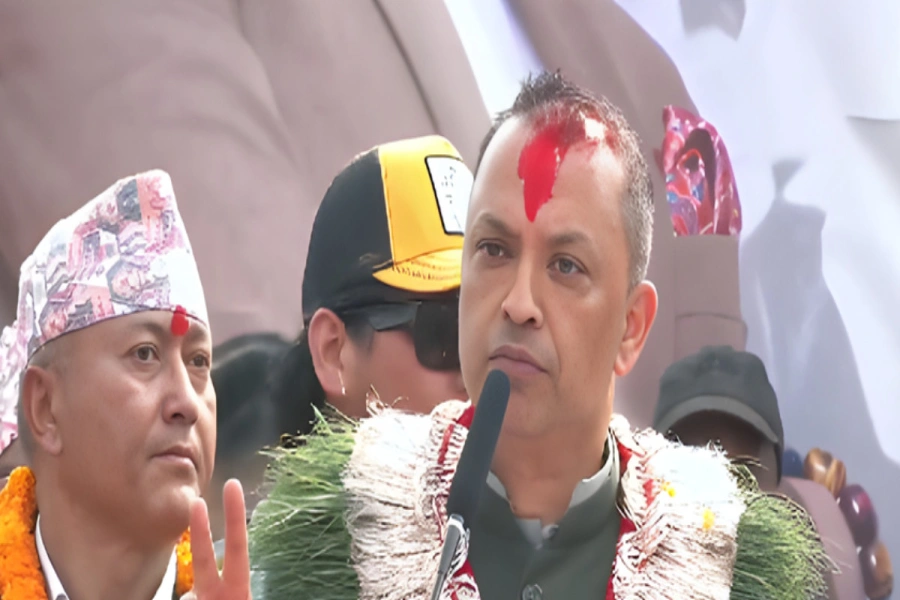Economic and social empowerment will help women emerge as leaders and policy-makers
Women will gain nothing if there is no structural change in politics. Without it we cannot transform women’s lives either. The High-Level-Panel of United Nations has highlighted concrete actions for women. The action plan has identified seven key factors for bringing change in women’s lives: reducing unfavorable social and cultural norms and promoting positive roles, ensuring legal protection and reforming discriminatory laws/ regulations, reducing unpaid work and care, building access in financial sector, changing business culture, improving public sector practices in employment and procurement and strengthening visibility, collective voice and representation for women.
UN Women in Nepal has focused on equality and empowerment. But how can a common woman feel equal and empowered in politics and financial sectors? In Nepal, there have been significant changes in laws and regulations. Some 14,000 Nepali women have found representation in local governments. We have a women president and a number of women have been elected as mayors and deputy mayors. Similarly, 32.7 percent Nepali women are in Lower House and 37.3 percent in Upper House of Federal Parliament. Their number is encouraging in provincial parliaments as well. This is a welcome change.
But to ensure dignity of women, they should be able to take political command and control essential resources such as properties. Whether she is a small producer from a rural community in Nepal or anywhere else in the world, if a woman has the ability to earn, save, spend and invest, she will be able to achieve political and economic empowerment. But this is not the case in Nepal. Women lag far behind in leadership.
Gagan Thapa invites UML, NCP and RSP to joint platform for five...

In Nepal, women constitute 53 percent of total population. But they are not represented in politics, social spheres and economy based on that percentage. There are few women in national politics and even fewer in the media.
Our focus should be developing capacities and taking collective action for empowerment of backward women.
Empowering women will be possible if we grant them dignified life, right to happiness, freedom to make decision and enhance quality of life. Employment security, income security and freedom for economic independence should be the major focus on structural policy change for women.
Though Nepal already has a woman president and we recently elected women as speaker of the Parliament and Chief Justice, women in rural areas are still vulnerable to abuse and exploitation. Unless the government brings new and effective policy to foster economic growth and distribute natural resources for women, women won’t be practically equal to men.
Various reports have shown that giving economic rights and resources in women’s hands helps accelerate development and sustainability, reducing poverty in the family and society. Women have typical tendency to invest resources for their families and communities extensively more than men do or have been doing. Giving such right to women helps spread wealth and increase the worth of life for the people living in their families and societies.
Empowerment enables women to govern the society and the country, save money, develop financial literacy, and invest in income-generating activities. Thus our focus should be on developing capacities and helping women realize their self-esteem, increasing their access to information and technology and natural resources and taking collective action for overall development of backward women.
Economic and social empowerment will help women emerge as good leaders and policy-makers. They will then be able to speed up economic growth and sustainable development. Security of life and respect for dignity are common preconditions for alleviating poverty, reducing disparities between males and females and enhancing human capital. If there is sustainable policy for empowerment of women, everyone in the society will benefit. Therefore, it is urgent to address problems facing women in Nepal and elsewhere in the world. This will be possible through political and structural changes.
The author is president of Hamro Samriddha Nepal





































